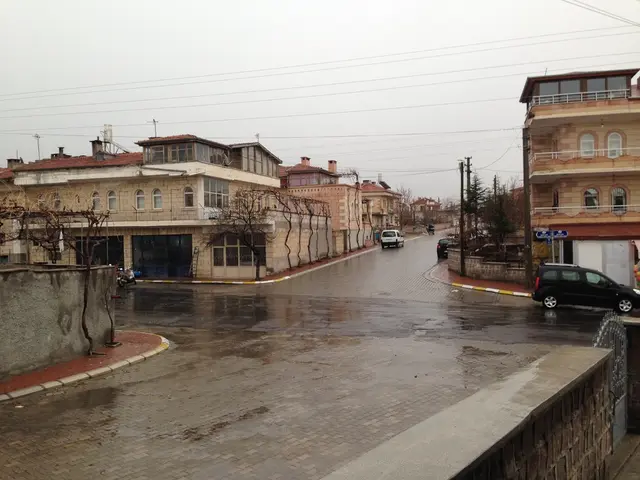War in Ukraine Speeds Global Warming as Environmental Impact Surges
The Russian war of aggression against Ukraine, ongoing since February 2022, has had devastating consequences beyond the immediate human and material losses. It has also significantly impacted the environment, contributing to global warming and environmental degradation on an unprecedented scale.
The war has emitted a staggering 237 million tons of carbon dioxide equivalents, with around a third of these greenhouse gases released directly by military activities such as tanks and jets burning diesel and kerosene. The summer of 2024, unusually dry due to escalating global warming, favored forest and bush fires in Ukraine. These fires burned an area more than twenty times larger than the average for the years 2006 to 2021, destroying around three million hectares of forest.
The conflict has also led to significant emissions from other sources. Shelling of large oil storage facilities and refineries, as well as the Ukrainian energy infrastructure, has released around 17 million tons of CO2 equivalents in three years. Additionally, flights avoiding Ukraine and Siberia have emitted an additional 20 million tons of CO2 equivalents compared to before the invasion. The area of Ukraine contaminated with explosive residues amounts to 139,000 square kilometers, further exacerbating the environmental impact.
The year 2024 stands out as a stark example of a cycle of destruction in which climate change and armed conflict reinforce each other and accelerate global warming. While global deforestation trends show significant losses, no single country individually destroyed more forest area than Ukraine did in 2024 due to the war.
The environmental consequences of the war in Ukraine are far-reaching and long-lasting. They serve as a stark reminder of the interconnected nature of conflict, climate change, and environmental degradation. As the war continues, so do these environmental impacts, highlighting the urgent need for a peaceful resolution and global efforts to mitigate climate change.
Read also:
- Catastrophe at a U.S. Steel facility in Pennsylvania results in the loss of two lives. crucial details unveiled
- Two 'Last Generation' Activists Sentenced for Cologne/Bonn Airport Runway Blockade
- Auto Industry Updates: Geotab, C2A, Deloitte, NOVOSENSE, Soracom, and Panasonic in Focus
- TU Braunschweig Leads at WSCC 2025: Tackling Water Security in a Changing Climate








